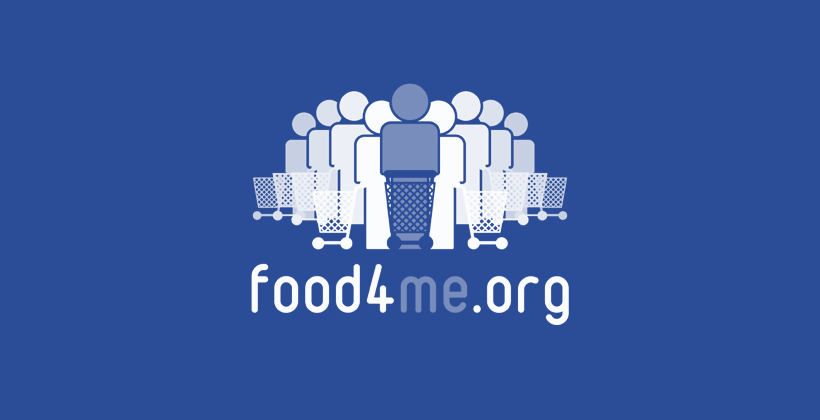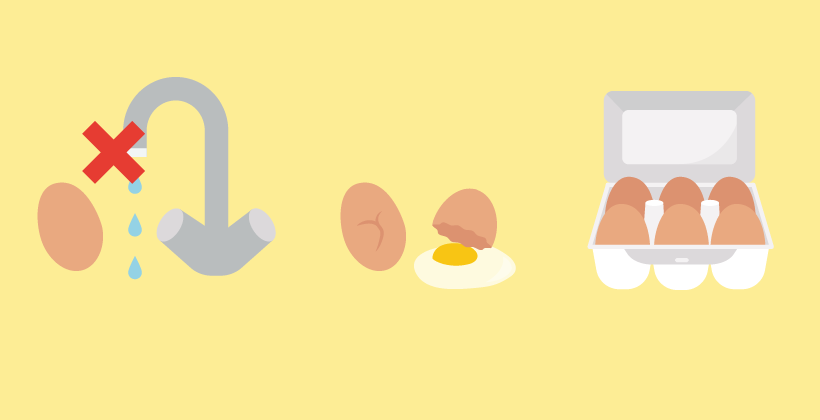Food4Me: Responding to dietary and environmental challenges
Last Updated : 11 August 2013In this podcast, Ben van Ommen, the Principal Scientist at TNO, the Dutch organisation for Applied Scientific Research, explains the concept of phenotypic flexibility as a measure of human health and how our bodies respond to dietary and environmental challenges. He then comments on the benefits of clustering people with similar physical responses to the same diet, into population groups known as metabotypes.
Phenotypic flexibility is a measure of how our bodies respond to counteract external stresses such as sunburn or infection. Ben discusses how individual differences in our phenotypic flexibility result in different responses to external challenges, which can include diet. Ben gives the example of fat intake from a diet, which can result in poor health if the body cannot store it correctly. However, our diet can also train our bodies to counteract external challenges through the provision of biochemical components such as anti-inflammatory compounds.
He explains that providing personalised nutrition at the individual level is impractical, and so grouping together people by their metabotyes could be used as a middle step between personalised nutrition and public health nutrition advice.
About TNO:
TNO is an NGO that carries out high quality research on behalf of a number of customers including governments, SMEs and consumer organisations. Their work is divided into eight research areas, including Healthy Living. Part of their Healthy Living area relates to Food & Nutrition.
For more information:





